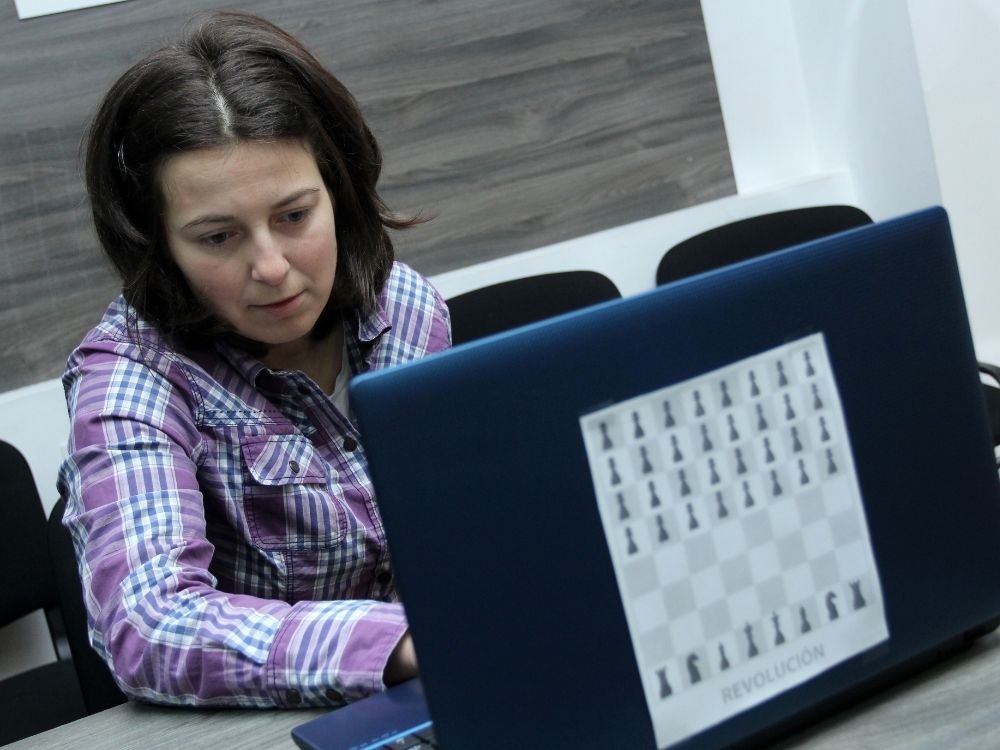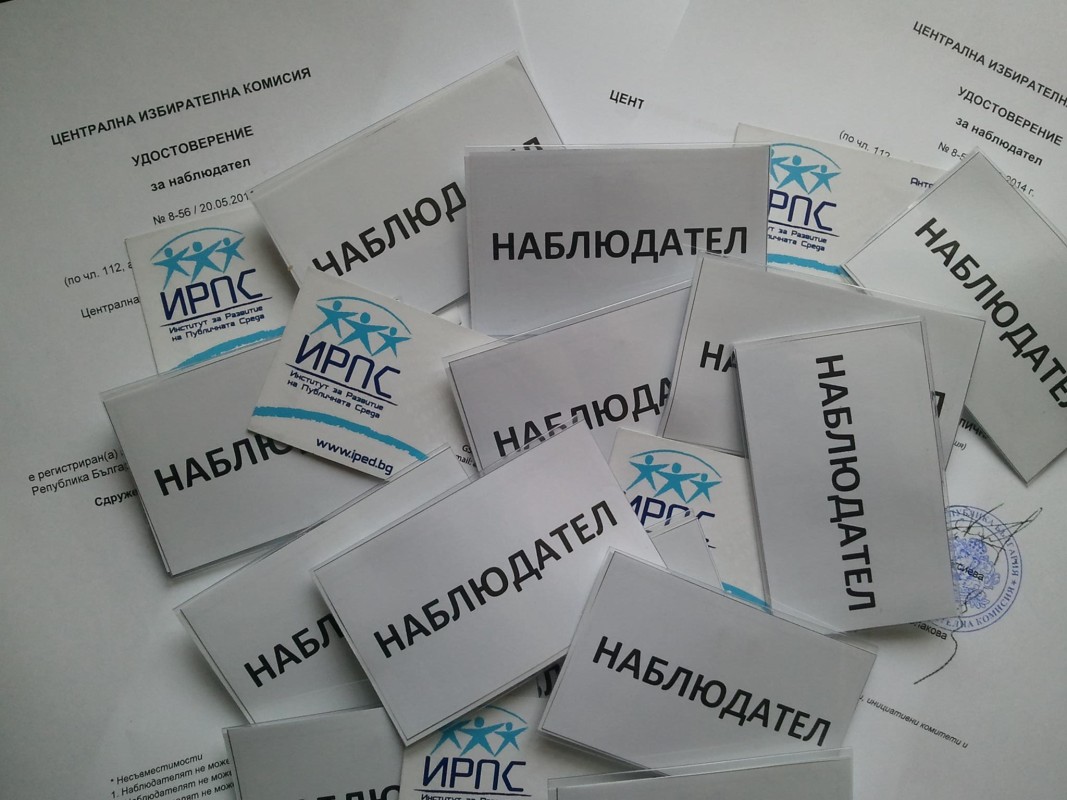The influx of "newcomers" to the small towns and villages where the mayor of the mayoralty will be elected, is particularly large. The inhabitants of some of such villages have suddenly increased by more than 50% in the first 4 months of the year. The record holders in this regard are municipalities such as Nevestino, Treklyano, Makresh, Novo Selo, etc.
According to the law, 100 inhabitants of a small settlement can elect a mayor. The rules are now the same as in the 2015 local elections, when in the last months before the mandatory permanent residency period expired, we witnessed an unprecedented influx of newly registered residents across the country. "Why didn't this happen in the local elections in 2019?" asks rhetorically Iva Lazarova, head of IPED and answers: "Because then they temporarily changed the law and 350 people were needed to elect a mayor."

Indeed, it is more difficult to bring 200-300 fictitious new residents by document only to a given village than 100.
"Very few voters are needed in the race for the post of mayor of a small village:, says Iva Lazarova. “When "newcomers" settle in a village with 120 inhabitants and their number is huge compared to that of people with a permanent address, these voices coming from outside can actually change the results of the vote and decide who will rule the village in the next 4 years. Our hypothesis is that these people are transferred from the larger municipal centers to the smaller settlements. Because when a person moves from a given municipality to a village on its territory, in addition to not losing his or her right to vote for municipal mayor and municipal council, the voter also gains the right to vote for the mayor of the village in which he or she registered."
A village mayor has a direct relationship with the municipal mayor who distributes public resources and participates in European projects. "It is much easier for the municipal mayor to have a direct relationship with the village mayor and for them to be from the same party, so that they can use the funds under the European projects together," says Iva Lazarova. Is domestic election tourism legal and does it have anything to do with vote buying?

"It is difficult to prove that domestic electoral tourism is a crime against electoral rights. For example, mandatory checks can be appointed in all municipalities where there is a significant increase in new address registrations and the competent authorities can track whether these people have received any incentive to move. We should not forget that the mayors manage the territory of the respective village, administer the services there, manage the municipal property, etc. It is behind these economic factors that the reasons why electoral tourism in their villages can be hidden,"says Iva Lazarova in conclusion.
Read also:
Translated and published by Rositsa Petkova
Bulgaria’s Parliament failed to hold a session for the third consecutive day due to a lack of quorum. As a result, the scheduled parliamentary control, usually held every Friday, was also cancelled. Only 29 MPs from We Continue the Change –..
Bulgaria’s Parliament failed to hold a session on October 15. "The next session is tomorrow at 9 a.m.", announced National Assembly Speaker Natalia Kiselova. Only 61 MPs registered for attendance during the first and only attempt to open the..
Yet another disaster, yet another series of analyses and post-hoc actions by the relevant institutions. The devastating flood that hit the resort village of Elenite a week ago, claiming four lives, has led the state to realise that the flooded..

+359 2 9336 661
